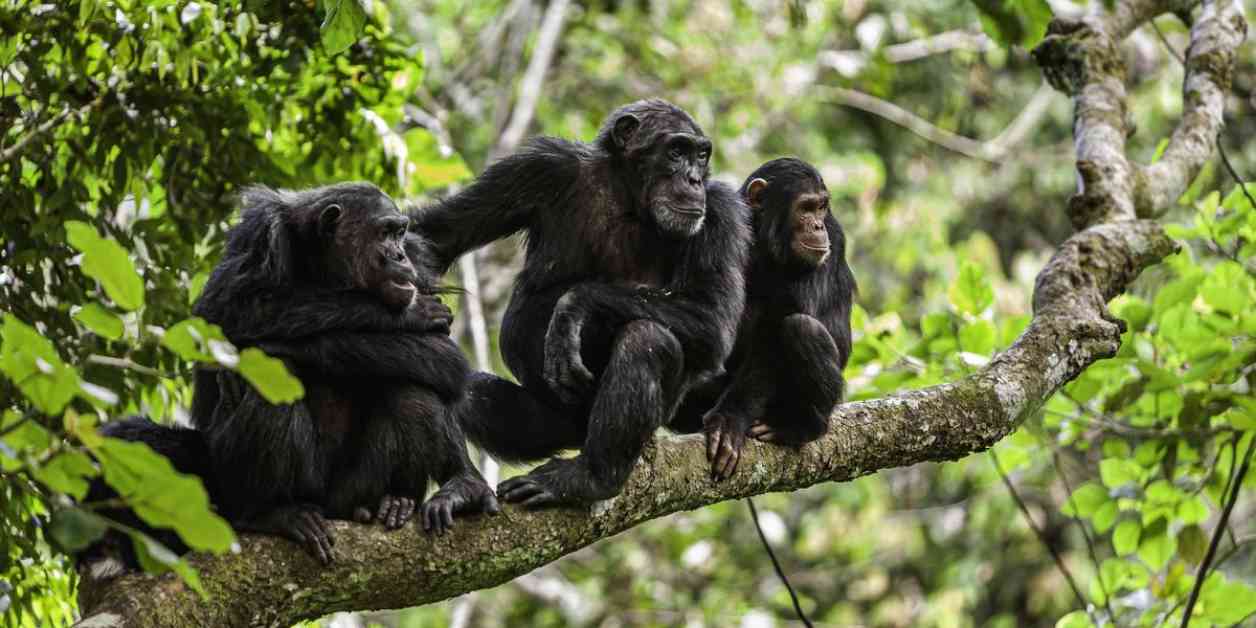Chimpanzees have long fascinated researchers and animal lovers alike with their intelligence and similarities to humans. In recent viral videos, these primates have amazed viewers with their ability to produce human-like speech, sparking a new discussion about their communication skills.
Chimpanzees: Our Closest Relatives
As our joint closest relative in the animal kingdom, chimpanzees share 98.5 percent of their DNA with humans. This genetic similarity has long raised questions about the extent of their cognitive abilities, including the potential for speech. While researchers have traditionally believed that chimpanzees lack the necessary skills for spoken language, recent findings challenge this assumption.
The Study of Chimpanzee Speech
Researchers at the KTH Royal Institute of Technology, led by phonetician cognitive scientist Axel Ekström, have conducted a groundbreaking study on chimpanzee speech. By analyzing old video clips of chimpanzees in captivity, the team discovered evidence that challenges previous notions about their vocal abilities. The researchers found that two unrelated chimps living in different parts of the world were able to produce sounds resembling the word “mama,” a common term in human speech.
According to the researchers, the ability of these chimpanzees to imitate human sounds suggests that they may possess a capacity for vocal production learning. This finding contradicts earlier beliefs that chimpanzees lack the necessary jaw-voice coupling for voluntary speech. The study also highlights the importance of considering the ethical implications of past research on chimpanzees, as many animals may have been subjected to unnatural conditions that hindered their ability to demonstrate their true intelligence.
Implications for Our Understanding of Chimpanzees
The discovery of chimpanzees’ potential for speech has significant implications for our understanding of these remarkable animals. As our closest relatives in the animal kingdom, chimpanzees provide valuable insights into the evolution of language and communication. By reevaluating previous assumptions about their abilities, researchers may uncover new possibilities for studying the cognitive capacities of chimpanzees and their similarities to humans.
In the wild, chimpanzees primarily communicate through gestures, but vocalizations also play a role in their social interactions. By studying their ability to produce human-like sounds, researchers can gain a deeper understanding of the complexities of chimpanzee communication. This research challenges us to reconsider the age of our neurological audiovocal system and its evolution over millions of years.
The Ethical Considerations of Chimpanzee Research
Ekström and his team also emphasize the importance of ethical considerations in studying chimpanzees and other animals. Past research practices that separated animals from their mothers and subjected them to unnatural conditions may have influenced the outcomes of studies on chimpanzee speech. By acknowledging the impact of these factors, researchers can ensure that future studies are conducted with the utmost respect for the well-being of the animals involved.
In conclusion, the recent findings on chimpanzee speech offer a new perspective on our relationship with these fascinating animals. By recognizing their potential for vocal production learning and communication, we can gain a deeper appreciation for the complex cognitive abilities of chimpanzees. This research opens up new possibilities for studying the evolution of language and the interconnectedness of humans and our closest relatives in the animal kingdom.













